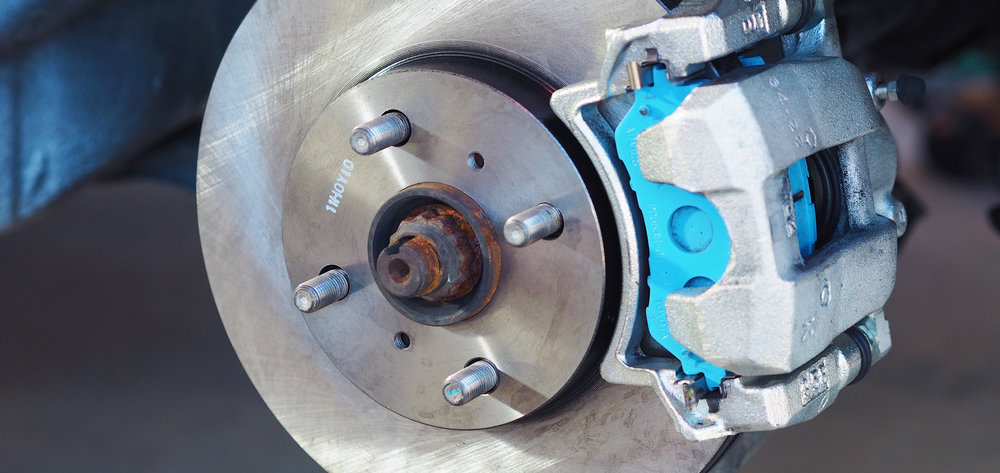Are Thicker Rotors Better?

Thicker brake rotors are not inherently better or worse than thinner ones; their effectiveness depends on various factors, including the specific vehicle, driving conditions, and intended use.
Here are some considerations regarding thicker vs. thinner brake rotors…
- Heat Dissipation: Thicker rotors generally have more mass and surface area, which can help absorb and dissipate heat more effectively. This can be beneficial for high-performance or heavy-duty applications where heat buildup is a concern, such as racing or towing.
- Durability: Thicker rotors are often more durable and less prone to warping or cracking under extreme conditions. They can withstand repeated heavy braking without excessive wear.
- Weight: Thicker rotors are typically heavier than thinner ones, which can increase unsprung weight. Reducing unsprung weight (weight not supported by the vehicle’s suspension) can improve handling and ride quality, so thinner rotors may be preferred in some applications, especially for sports cars and performance vehicles.
- Compatibility: Thicker rotors may require larger brake calipers or modifications to fit within the wheel and brake assembly. It’s essential to ensure that thicker rotors are compatible with your vehicle’s setup.
- Cost: Thicker rotors are often more expensive than thinner ones due to the increased material and manufacturing costs.
- Brake Pad Compatibility: Thicker rotors may require specific brake pads to maintain proper alignment and contact with the rotor surface. It’s important to use the correct brake pads for the rotor thickness.
- Braking Performance: Brake performance depends on the entire braking system, including the rotors, brake pads, and calipers. Upgrading to thicker rotors may not significantly improve braking performance if other components are not optimized.
In most cases, original equipment manufacturer (OEM) rotors are designed to meet the vehicle’s intended use and performance requirements. If you’re considering upgrading or replacing your brake rotors, it’s crucial to choose rotors that are compatible with your vehicle’s specifications and your driving needs.
The choice between thicker and thinner rotors should be based on your vehicle’s requirements and the type of driving you do. It’s advisable to consult with a knowledgeable mechanic or brake specialist who can recommend the most suitable brake rotor setup for your specific vehicle and intended use.
